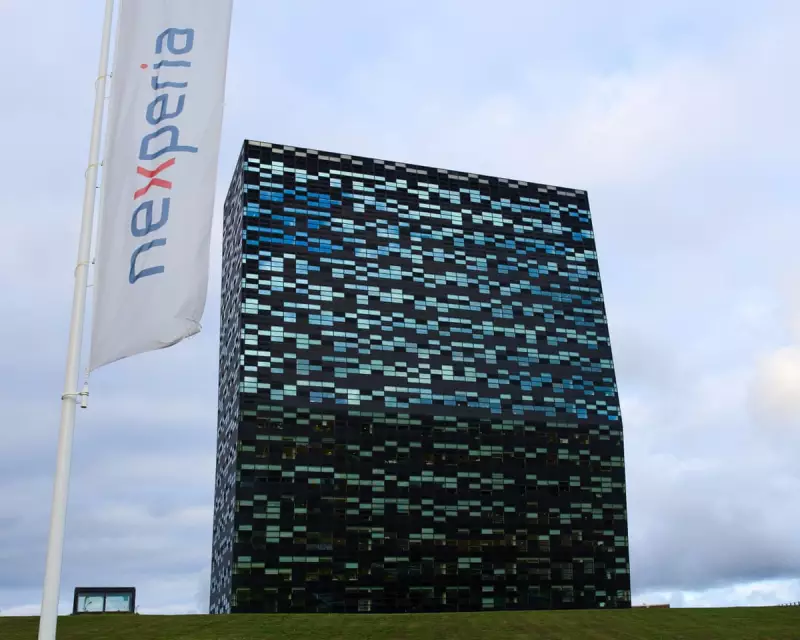
A major semiconductor crisis is threatening to bring car production lines across the United Kingdom to a grinding halt after European chip manufacturer Nexperia abruptly suspended deliveries to Chinese customers.
Supply Chain Earthquake
The Dutch-German chipmaker, owned by Chinese firm Wingtech, has taken the drastic decision to halt shipments of crucial components to China, citing concerns over potential regulatory breaches. This move has sent shockwaves through the global automotive industry, with UK manufacturers bracing for immediate impact.
Industry insiders fear the suspension could paralyse production within weeks as existing semiconductor stocks dwindle. The automotive sector, which has only recently recovered from pandemic-era chip shortages, now faces another potentially devastating supply disruption.
UK Car Factories on Alert
Major British car plants, including those operated by Jaguar Land Rover, Nissan in Sunderland, and BMW's Mini factory in Oxford, rely heavily on the sophisticated chips Nexperia produces for critical vehicle systems.
"This isn't just about navigation screens or entertainment systems," explained one automotive industry analyst. "These chips control everything from engine management and braking systems to safety features. Without them, production simply cannot continue."
Geopolitical Tensions Bite
The suspension appears to be a preemptive move by Nexperia's European management to avoid violating increasingly strict export controls on advanced technology to China. Western governments have been tightening restrictions on semiconductor exports amid growing technological competition with China.
The situation highlights the fragile nature of global supply chains and the automotive industry's vulnerability to geopolitical tensions. With Nexperia caught between its Chinese ownership and European regulatory pressures, UK manufacturers are becoming collateral damage in a wider technological conflict.
Industry leaders are urgently seeking clarification from the government and exploring alternative supply options, but with semiconductor production lead times stretching months, immediate solutions appear limited.





